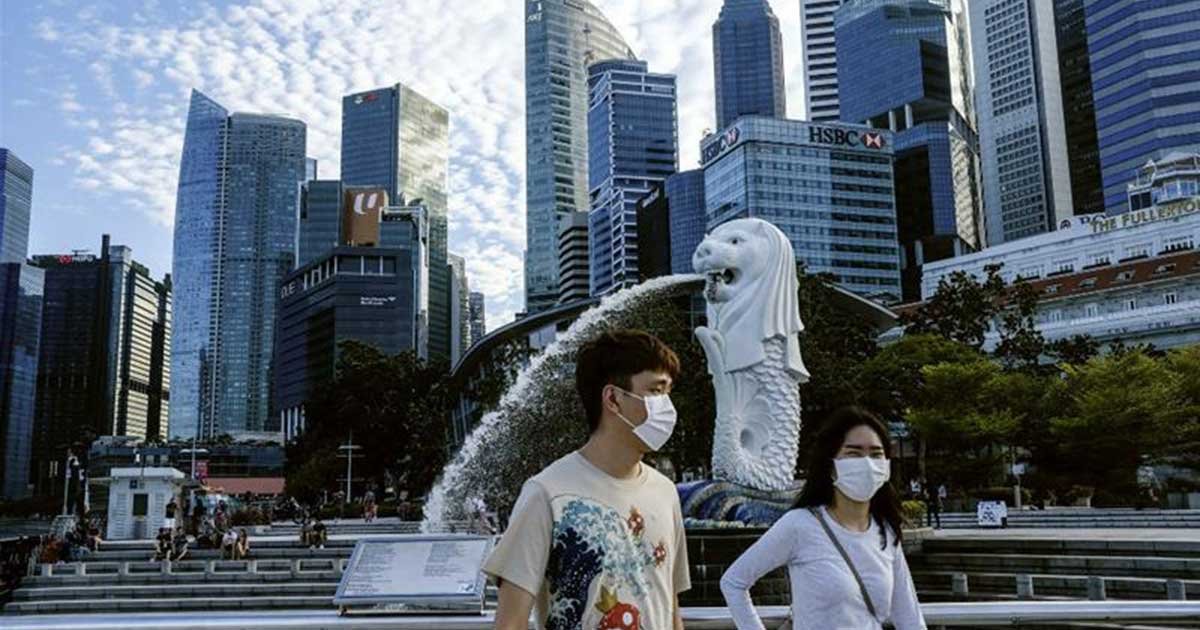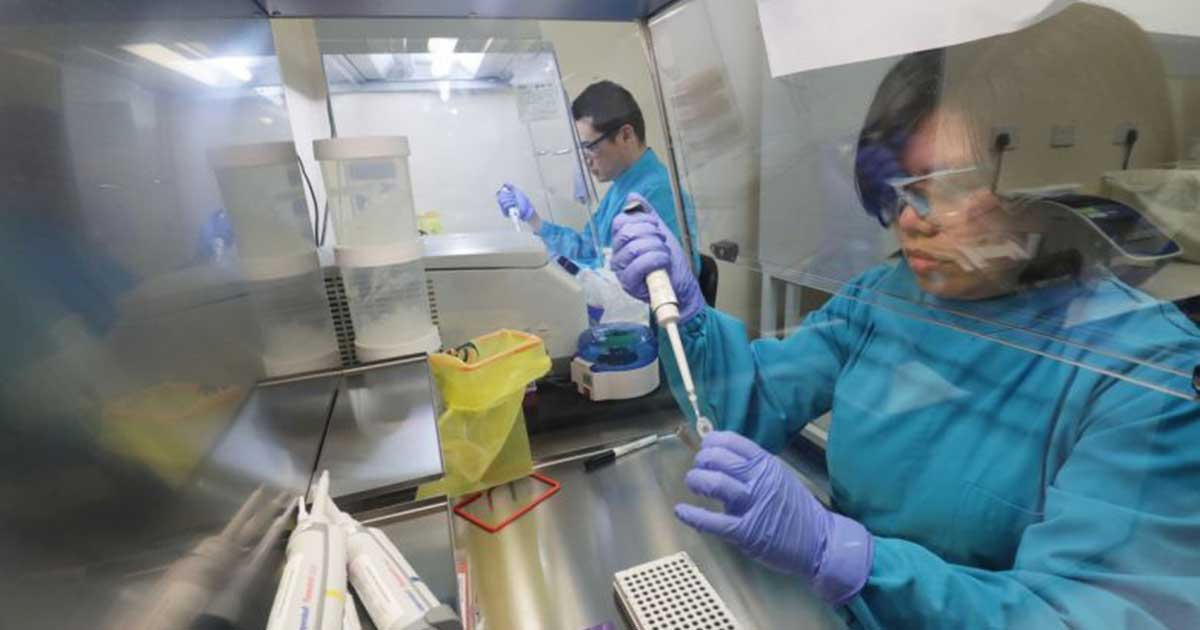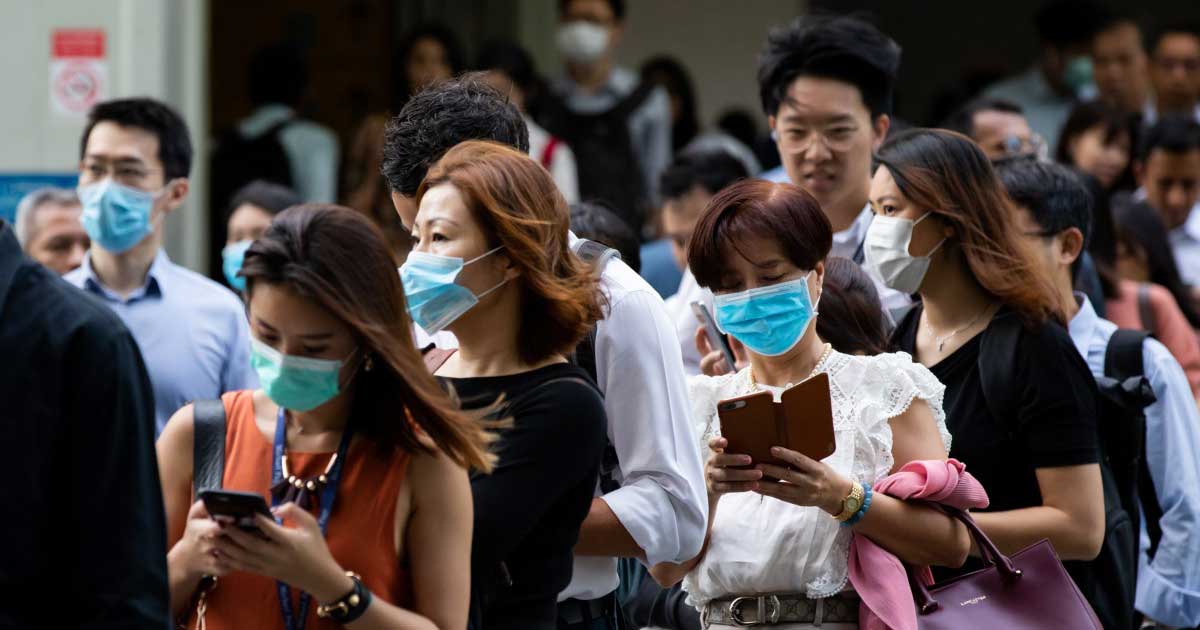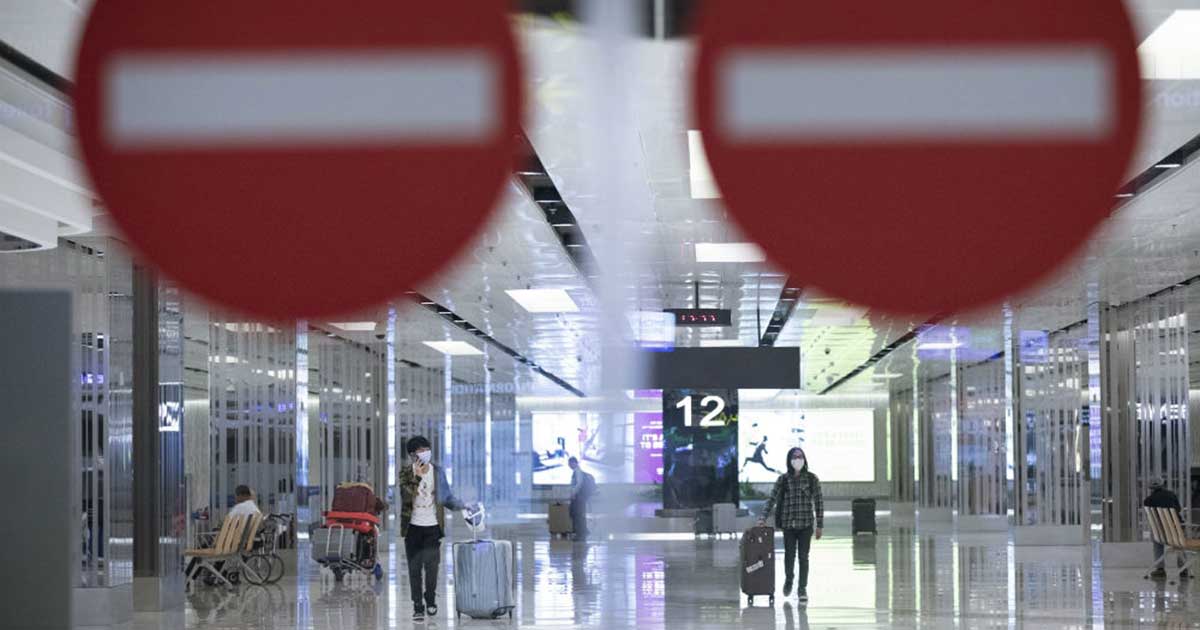New study suggests that COVID-19 patients are no longer infectious 11 days after contracting the disease, even if they still test positive for the disease on the 12th day.
According to a joint paper from the Singapore National Center for Infectious Diseases and the Academy of Medicine, the virus “could not be isolated or cultured after day 11 of illness.”
Singaporean infectious disease experts and researchers looked at the “viral load” in 73 COVID-19 patients to gauge if the virus is still viable and could infect another person.
The researchers wrote, “Based on the accumulated data since the start of the COVID-19 pandemic, the infectious period of [coronavirus] in symptomatic individuals may begin around 2 days before the onset of symptoms, and persists for about 7-10 days after the onset of symptoms.”
They added that while the patients may still test positive after two weeks, but these tests may be picking up fragments of the virus that are no longer viable to spread the infection.
“Active viral replication drops quickly after the first week, and viable virus was not found after the second week of illness,” experts wrote.
These new findings could alter the hospitals’ decision about when to discharge patients.
NCID executive director Leo Yee-Sin told interviewers that while the sample size was small, researchers are confident that their findings will be replicated in larger studies.
She said, “Scientifically, I’m very confident that there is enough evidence that the person is no longer infectious after 11 days.”
At the moment, US hospitals require patients to test negative twice before a patient is considered recovered from the deadly disease.
As per John Hopkins University Coronavirus Resource Center, there are 1.6 million confirmed coronavirus cases in the US alone and 5.4 million confirmed coronavirus cases worldwide as of May 23, 2020.






